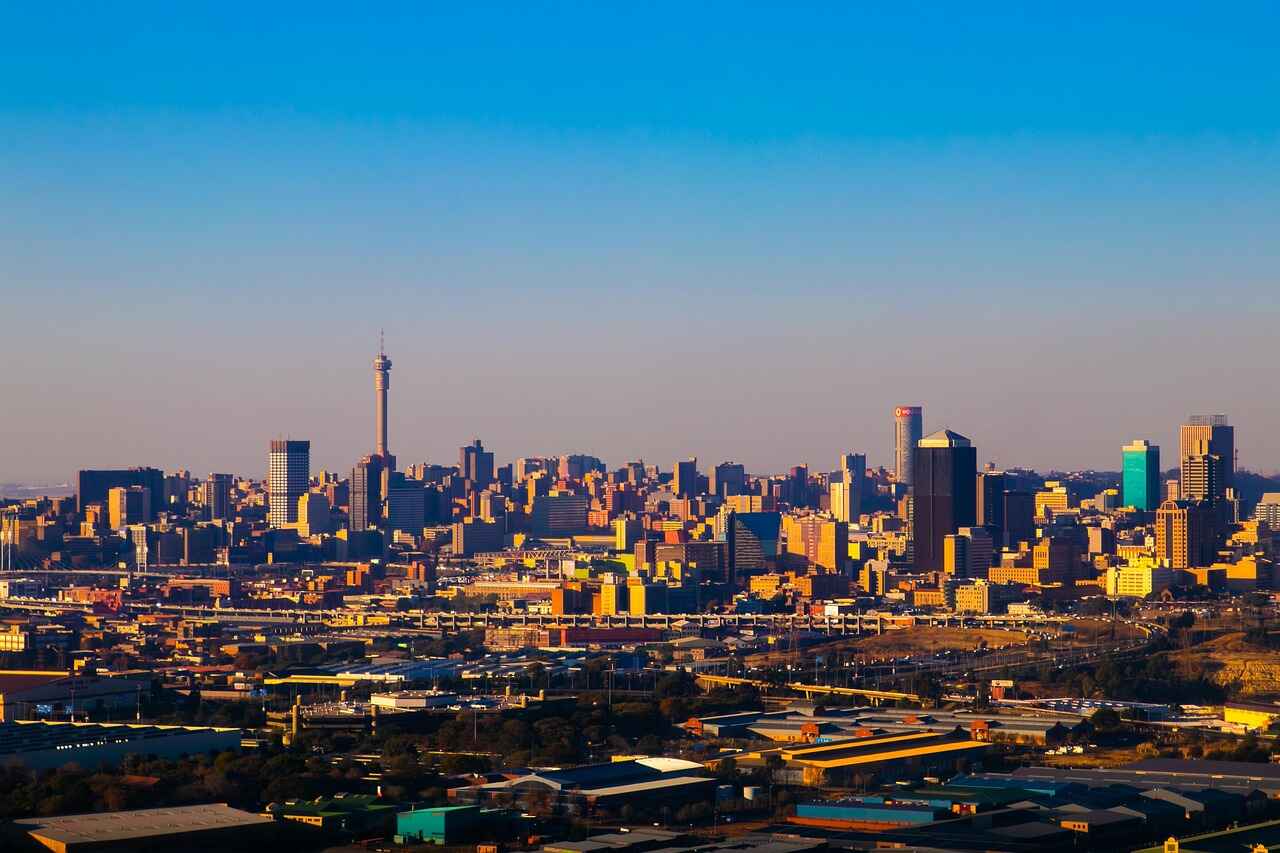
Discover more about Joburg’s Smart City Innovation Challenge
The City of Johannesburg launched the Smart City Innovation Challenge to improve the quality of life in the city.

The City of Johannesburg’s Smart City Office, in partnership with Wits University, launched the Smart City Innovation Challenge to tap into the creative and technological skills of residents, municipal employees, and entrepreneurs to solve the city’s most urgent urban issues.
Since launching in 2020, the programme has evolved into a dynamic platform that promotes innovation and collaboration across various sectors, including government, academia, startups, and local communities.
HOW DOES THE SMART CITY INNOVATION CHALLENGE BENEFIT COMMUNITIES?
Speaking to The South African on behalf of the City of Johannesburg, the project manager, Nelson Sekgota, says the initiative empowers residents and businesses. It provides them a platform to co-create solutions that directly address challenges in their communities.
“Through town hall engagements, participatory workshops, and mentoring programmes, residents, and small business owners are supported to develop, refine and submit their innovative ideas.
“Successful applicants are given opportunities to access resources, mentorship, and funding, allowing them to pilot their solutions in partnership with municipal departments,” Sekgota said.
He bragged that 750 NGOS and projects had been chosen for the boot camp. All of these were selected from seven regions of Johannesburg, and pilot projects will be launched this month.
WHAT ARE THE PARTICULAR AREAS OF FOCUS?
He outlined how the Smart City Innovation Challenge is turning local ideas into tangible solutions that make a real difference.
Several standout innovations are already addressing major urban issues. For example, upgraded public toilets now use smart water management systems to improve hygiene in high-demand areas. QR code technology allows residents to report water leaks instantly, accelerating service delivery. Clinics are replacing paper files with digital health records, boosting efficiency and patient care.
AI-powered urban farming is transforming waste into fertiliser and animal feed using larvae. Simple tech tools are being introduced to track hygiene compliance in clinics, ensuring consistent handwashing.
Smart surveillance systems are enhancing safety in high-risk areas through real-time monitoring, while integrated environmental technology is helping clean-up services tackle waste and pollution more effectively.
“Together, these innovations are proving how local ideas, backed by technology,can drive a smarter, more inclusive city,” Sekgota proclaimed.
WHAT THE INNOVATION CHALLENGE SELECTION PROCESS ENTAILS
The selection process is apparently designed to be both rigorous and supportive.
“After receiving submissions, ideas are reviewed for their feasibility, innovation, potential impact, and scalability. Shortlisted candidates are invited to participate in developmental bootcamps where they receive mentorship to refine their ideas.
“They then pitch to a panel of experts that includes city officials, academics, and industry professionals who then consult with potential pilot host departments,” Sekgota expounded.
This process ensures that only the most viable and impactful solutions move forward for piloting and implementation.
TECHNOLOGY TO PLAY A SIGNIFICANT ROLE IN REJUVENATING JOHANNESBURG
Technological advancements are to be the cornerstone of Johannesburg’s smart city transformation.
“This will enable improved service delivery, enhanced citizen engagement, and greater operational efficiency across City departments. From AI and to blockchain and robotics, the challenge promotes the use of 4IR technologies to address urban issues,” he said.
Challenges around infrastructure maintenance, waste management, and public safety are being looked at closely.
A MISSION FRAUGHT WITH OBSTACLES
Some of the key challenges faced by the programme have been limited financial resources, access to technology, and initial scepticism from communities that are otherwise unfamiliar with innovation hubs or incubators.
“These have been addressed through strong partnerships with academic institutions and stakeholders, strategic outreach through regional townhalls and capacity-building workshops designed to make the application process more accessible.
“These interventions have helped ensure broad participation and strengthened the programme’s reach and impact.”
In the long term, Sekgota and his team envision the Smart City Innovation Challenge becoming essential to Johannesburg’s innovation ecosystem.
“By embedding a culture of innovation across communities and within the municipal workforce, the programme will drive continuous service improvement. We want to create new economic opportunities, and elevate the city’s position as a leader in African urban development as more solutions move from concept to full-scale implementation.”
